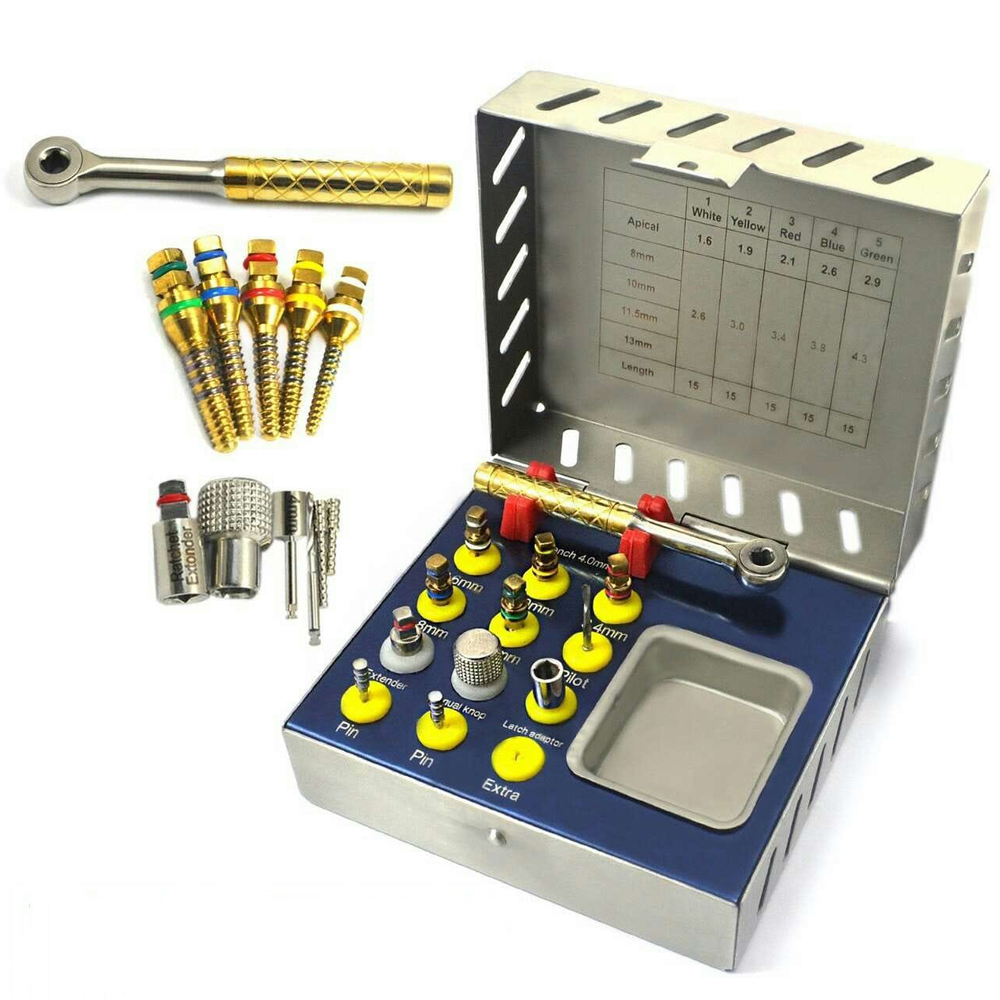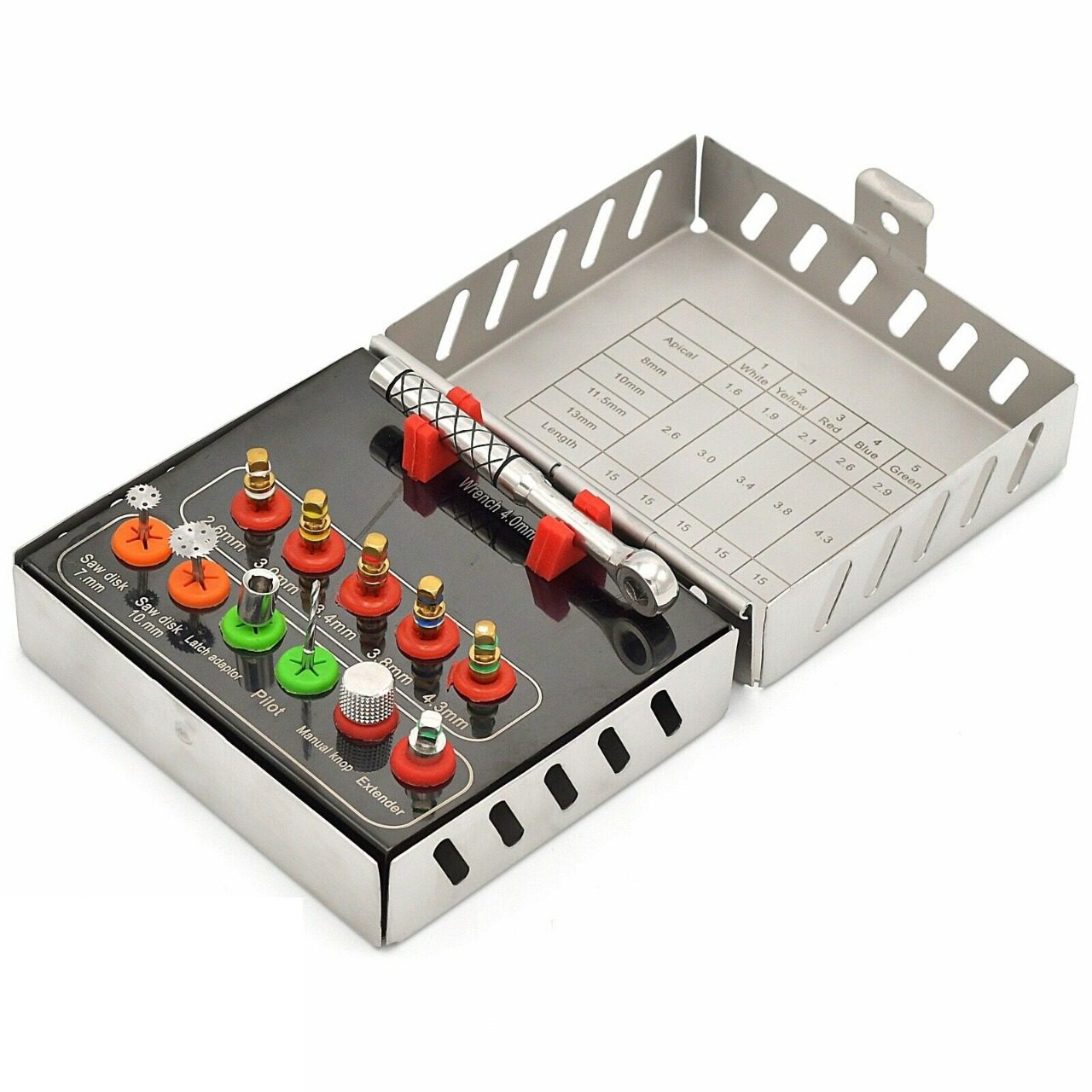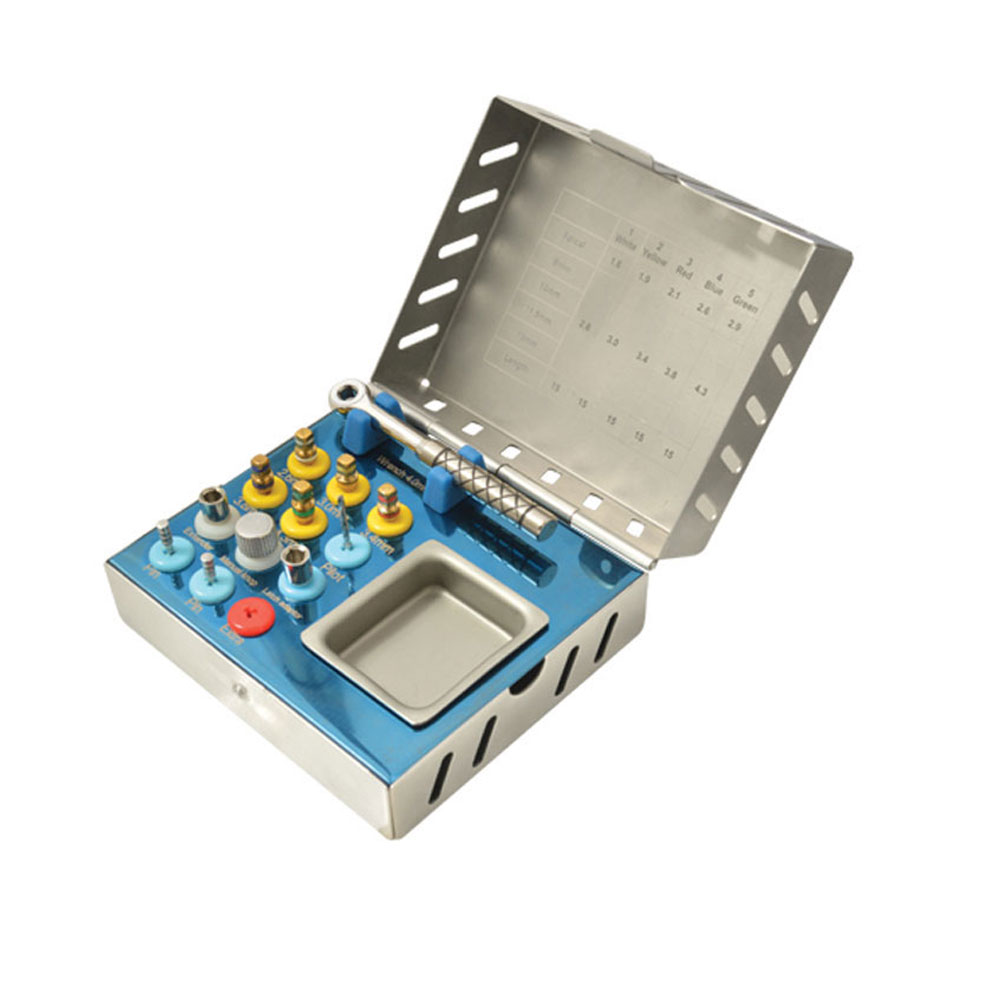Surgical forceps are precision instruments used in medical procedures for grasping, holding, or manipulating tissues and other materials. Discover a range of high-quality, durable forceps designed for accuracy and ease in surgery.
Surgical Forceps: Essential Instruments for Precision in Medical Procedures
Surgical forceps are single-use instruments designed to grasp objects during invasive medical procedures, such as surgeries. These versatile tools are used for tasks like tweezing, clamping, and applying pressure in a variety of clinical situations. Depending on the need, forceps can function as pincers or extractors. They are commonly used in emergency rooms, examination rooms, operating theaters, and first-aid scenarios.
Forceps, which resemble articulated tongs, are capable of grasping and removing tissue, as well as handling materials like gauze, sponges, and wipes. With a history spanning over 3,000 years, these tools remain vital in modern medicine. They provide a higher level of technical precision and efficiency than human fingers can achieve alone.
Types of Surgical Forceps
Surgical forceps are generally classified into two categories:
- Thumb Forceps: Also referred to as gripping, pinning, or non-locking forceps.
- Ring Forceps: Also known as hemostatic or locking forceps, equipped with mechanisms to secure their position.
Choosing the Right Forceps
When selecting forceps, Boss Surgico offers expert guidance to help you choose the best electrosurgical, bipolar, or single-use instruments. Our team listens to your needs to provide high-quality, affordable surgical tools.
With years of experience, Boss Surgico is a trusted partner for the biomedical research community. We are committed to expanding our product range to meet your evolving requirements. Our products are developed in collaboration with manufacturers to ensure the highest standards of quality and performance. Below are some forceps offered by Boss Surgico:
Hemostatic Forceps
Hemostatic forceps are designed to control blood flow during surgical procedures, particularly cardiac surgeries. They resemble scissors with a hinged handle and often include a ratchet to secure the clamp in place. These tools compress blood vessels or tubular structures to prevent blood loss.
Hemostatic forceps are available with straight, curved, or angled jaws to suit various applications. Specific types include:
- Mosquito and Kelly Forceps: Ideal for constricting small arteries and tissues.
- Rochester Hemostats: Similar in appearance to Kelly forceps but allow greater depth during procedures.
Sponge & Dressing Forceps
These forceps are essential for wound care, used to handle dressings, gauze, or sponges. They are also employed for managing necrotic or infected wounds and closing surgical sites.
Tongue Forceps
Used in dental procedures, tongue forceps stabilize and manipulate the tongue comfortably. Their wide fenestrated design holds the tongue securely while exposing the mucosa.
Gum & Tissue Forceps
Tissue forceps are designed to handle delicate tissues with minimal damage. They are critical for manipulating and maintaining live tissue during surgery.
Towel Clamp Forceps
Towel clamp forceps, a type of perforating clamp, are used to grip tissues, secure drapes, or hold minor bone fractures in place.
Fine Artery Forceps
These forceps are used to clamp arteries and limit bleeding. Equipped with locking mechanisms, they provide secure compression of blood vessels.
Vascular Cannulation Forceps
Specialized for inserting catheters into blood vessels, these forceps have hollow jaws to protect tubing during procedures.
Ophthalmic Forceps
Ophthalmic forceps are designed for precision in delicate eye surgeries. With ultra-fine tips, they provide excellent control over small, sensitive areas.
Thumb Forceps
Thumb forceps are non-locking instruments used to grasp or manipulate tissue. Available with various tip designs, including serrated, cupped, grooved, or toothed, they are suited for diverse surgical tasks. Popular models include Adson, Foester, and Iris forceps.
Locking Forceps
Locking forceps, also known as clamps or needle holders, are used to secure tissue or manage surgical needles. Hemostats, a type of locking forceps, are commonly employed to control bleeding.
Student Fine Forceps
These forceps are ideal for general dissection tasks in educational settings. They offer durability and simplicity, making them perfect for student use.
Tungsten Carbide Forceps
Tungsten carbide forceps feature enhanced durability and grip due to their tungsten carbide tip inserts. Known for their golden handles, they outperform stainless steel instruments in toughness and longevity.
Tubing Clamps
Tubing clamps are used to secure medical silicone catheters or hoses. Available with smooth or cross-serrated jaws, these clamps provide a firm grip while minimizing potential damage to the tubing.
Boss Surgico is dedicated to delivering high-quality surgical tools tailored to your needs. Let us help you equip your practice with reliable instruments designed for precision and performance.

















